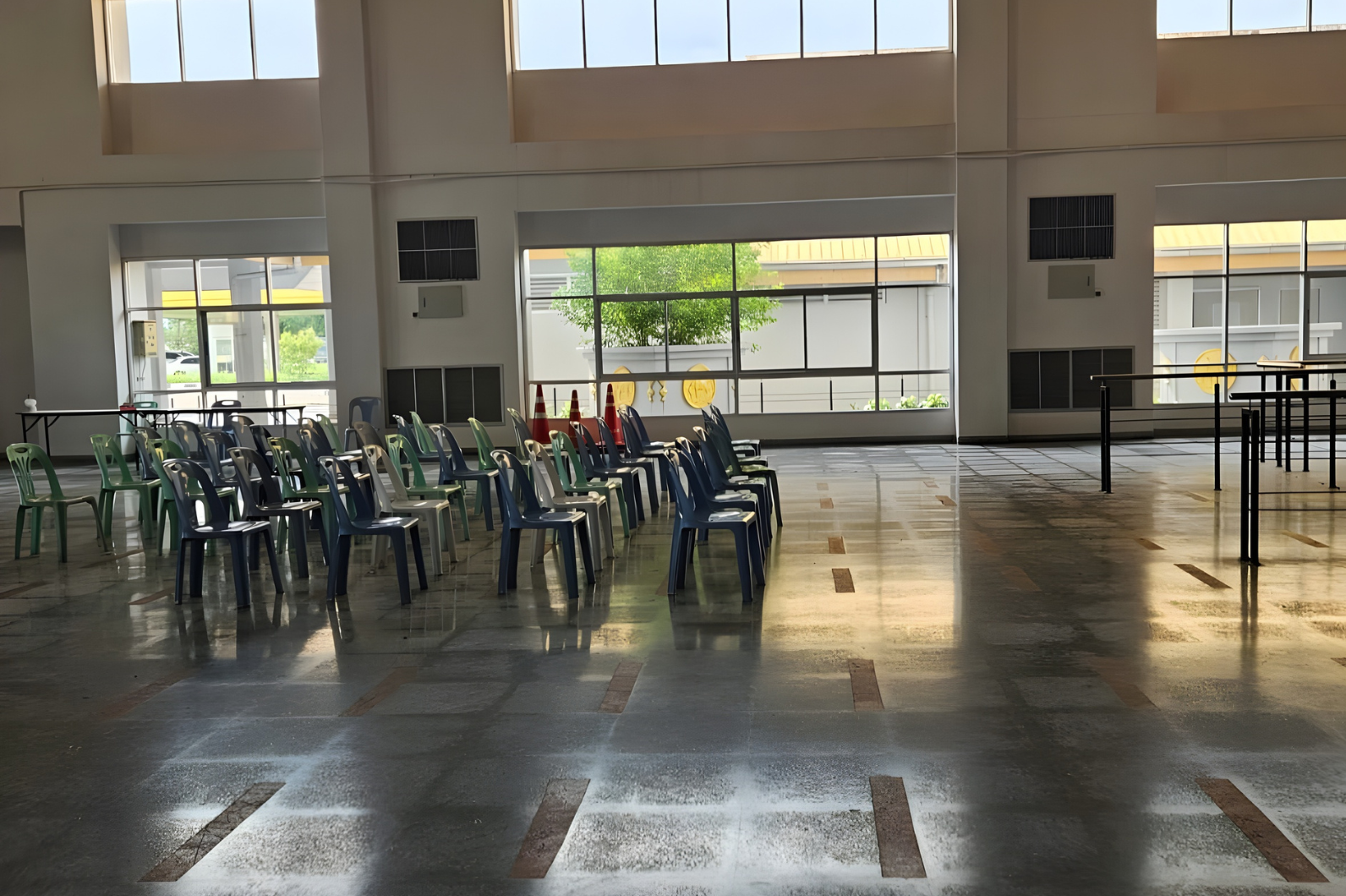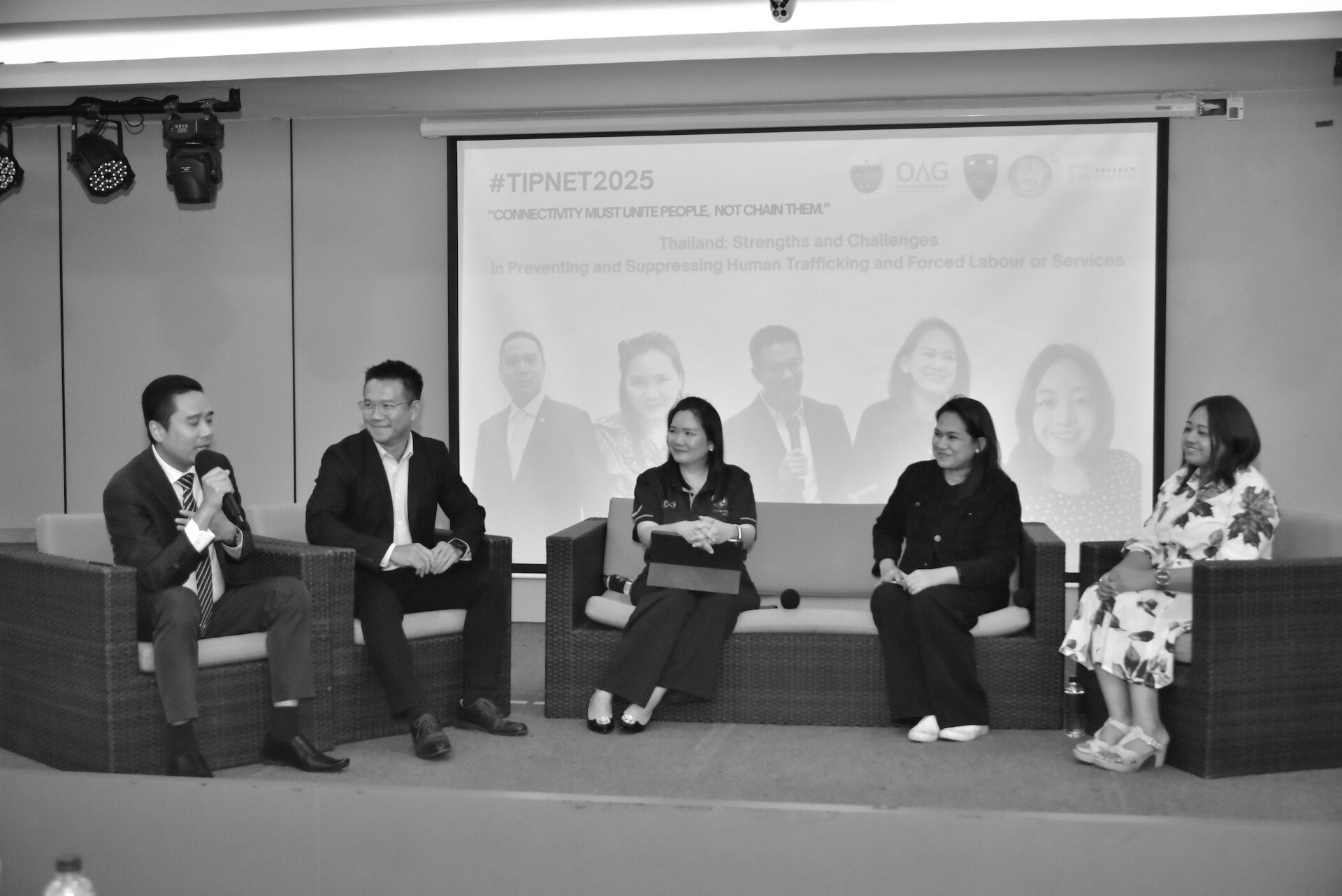Collaborative efforts by the East and Horn of Africa Anti-Trafficking (EHAAT) Network, facilitated by Freedom Collaborative, recently led to the development of impactful region-specific recommendations for the Africa Regional Review of the Global Compact for Safe, Orderly and Regular Migration (GCM), which took place in October 2024.
The recommendations expand and enhance the current response by elevating civil society’s role in shaping migration policies, ensuring a victim-centered approach, and promoting stronger cross-border cooperation – all critical ways in which to address the complexities of trafficking and exploitation that existing systems often overlook.
Developing multi-stakeholder partnerships
Furthermore, CSOs should be recognized as essential allies and partners in addressing migration challenges, as part of a broad, inclusive partnership approach that also engages think tanks, human rights institutions, academic researchers, and women’s rights organizations. And stakeholders should collaborate with CSOs to address the root causes of migration, with a focus on conflict prevention, peacebuilding, and post-conflict recovery, say EHAAT members.
Forced criminality is a growing challenge in the East and Horn of Africa region, and a dual strategy incorporating both security and victim-centered approaches is essential, balancing security concerns with a focus on protecting victims, the recommendations state. Reintegration services are often fragmented and should be formalized and standardized to ensure consistency across cases and countries, while governments, embassies, and CSOs must collaborate on cross-border repatriation and reintegration efforts. Meanwhile, governments should establish strategic reintegration programs that address both domestic criminality and the needs of returning individuals, as well as invest in awareness-raising efforts both country-wide and at the community level.
Improving systems and support services
Other recommendations include increasing investment in both immediate and longer-term protection services for migrants and victims of human trafficking; developing and strengthening referral systems and linking them regionally; the creation and implementation of labour migration policies and labour migration schemes and programs; promotion of data collection on migration and human trafficking with data made accessible regionally; the provision of platforms for CSOs to share evidence-based practices on the implementation of programs that align with the GCM objectives; and the inclusion of CSOs in follow-up discussions on the implementation of these measures.
EHAAT is a regional network of CSOs dedicated to protecting survivors of trafficking and vulnerable migrants, and combating human trafficking, forced labour, and exploitation across the East and Horn of Africa. EHAAT CSOs operate across multiple countries including Djibouti, Ethiopia, Kenya, Somalia, South Sudan, Sudan and Uganda. It serves as a platform for grassroots organizations, advocacy groups, and service providers, among others, to collaborate, share knowledge, and coordinate their efforts. Discussion on the recommendations was facilitated by the Better Migration Management (BMM) Programme, funded by the European Union and Germany, and Freedom Collaborative, on several joint calls. Among them was an exchange between Freedom Collaborative’s Response to TIP for Forced Criminality in Cyberscam Centers working group – including on-the-ground responders from Cambodia, Thailand and Vietnam – and EHAAT members, ensuring strong collaborative recommendations.
The recommendations will be published in the form of a shadow report. The BMM Programme funded the participation of four EHAAT representatives in the Africa Regional Review who directly addressed these recommendations in person during the review meeting and multi-stakeholder hearing in Addis Ababa.
About the GCM
The GCM is a UN framework adopted through intergovernmental negotiations to enhance international cooperation in global migration governance, facilitating orderly, safe, regular and responsible migration and mobility of people. EHAAT’s recommendations were presented at a multi-stakeholder consultation in Addis Ababa, prior to the intergovernmental Regional Review Meeting, with EHAAT representatives in attendance. The review meeting enabled Member States and stakeholders to assess GCM implementation progress and any gaps and challenges, analyze regional progress in implementing recommended actions, and formulate critical findings and recommendations.



